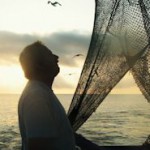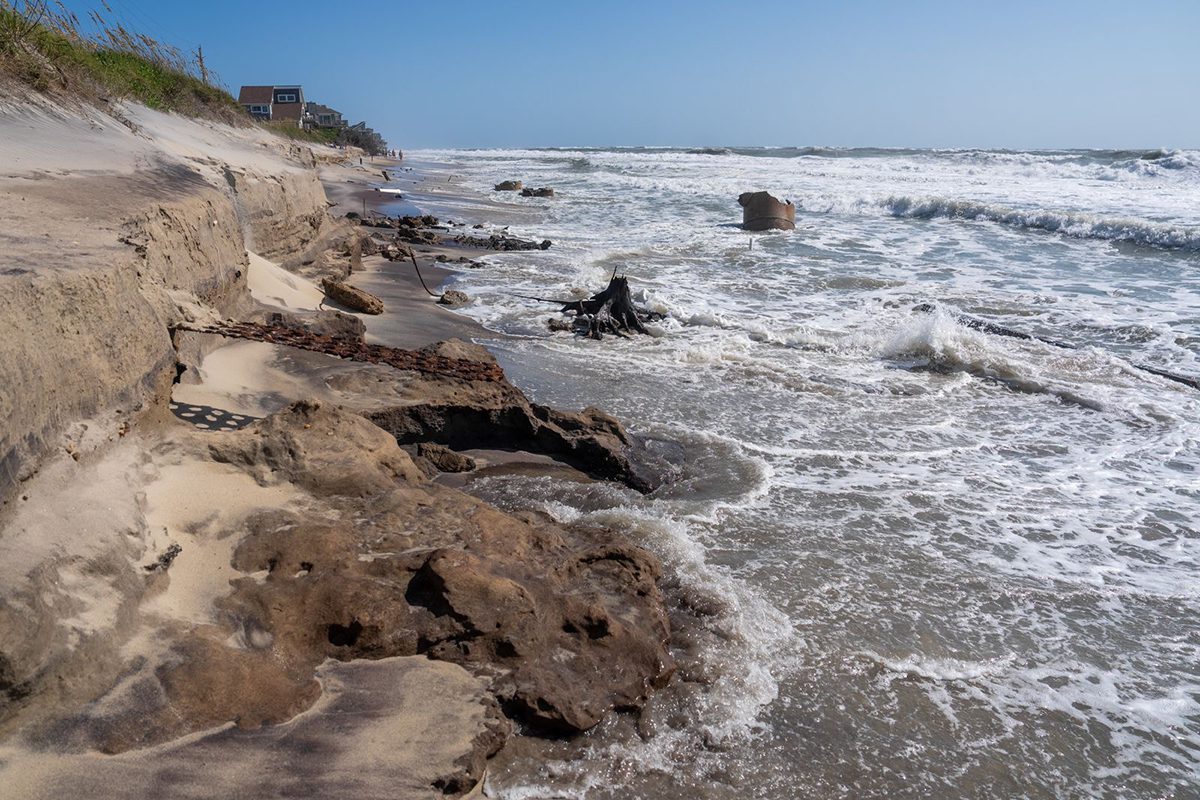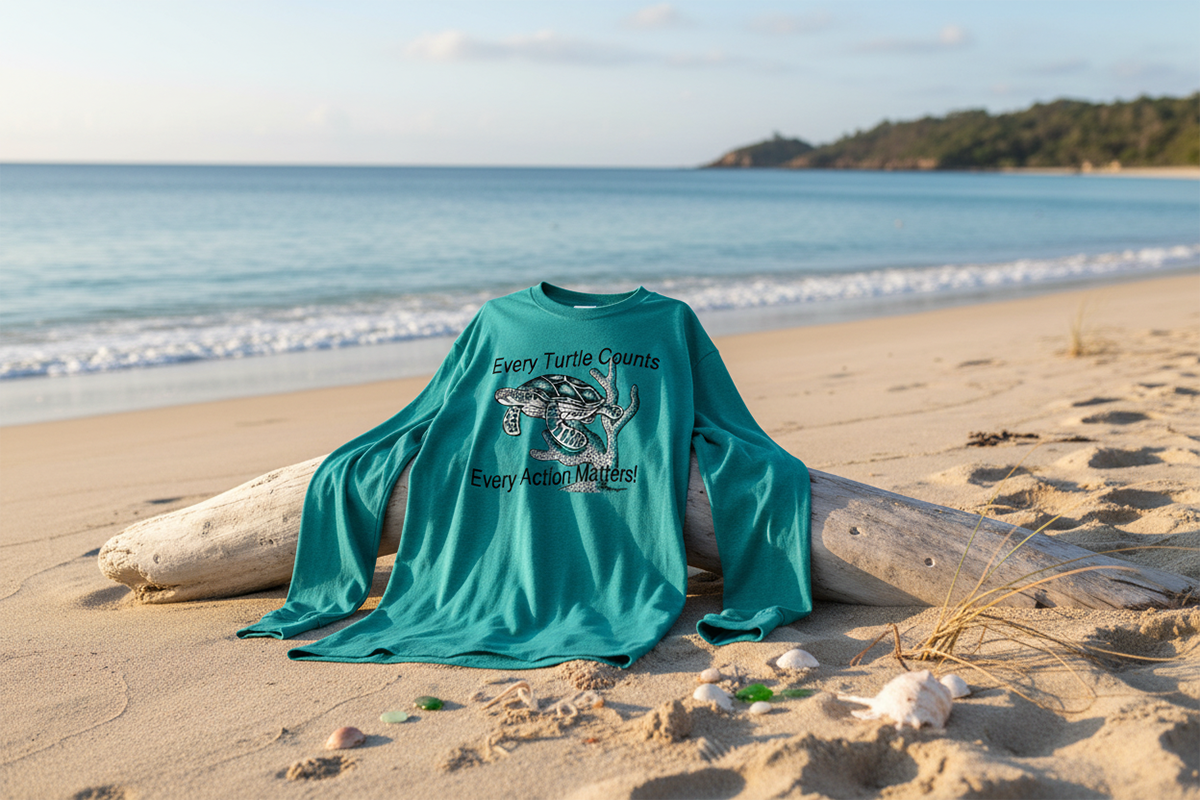This report has been updated.
North Carolina’s seafood industry is marked to receive nearly $5.5 million in assistance to help offset losses related to the COVID-19 pandemic.
Supporter Spotlight
 Commerce Secretary Wilbur Ross announced Thursday that $300 million in fisheries assistance funding would be provided under the Coronavirus Aid, Relief and Economic Security Act, or CARES Act, to states, tribes and territories for those in coastal and marine fisheries negatively affected by COVID–19.
Commerce Secretary Wilbur Ross announced Thursday that $300 million in fisheries assistance funding would be provided under the Coronavirus Aid, Relief and Economic Security Act, or CARES Act, to states, tribes and territories for those in coastal and marine fisheries negatively affected by COVID–19.
“This relief package will support America’s fishermen and our seafood sector’s recovery,” Ross said in a statement.
The National Marine Fisheries Service, part of the National Oceanic and Atmospheric Administration, will use the allocations to award interstate marine fisheries commissions, Puerto Rico and the U.S. Virgin Islands to disburse the money, which is to address direct or indirect fishery-related losses as well as subsistence, cultural or ceremonial impacts related to COVID-19.
“We are going to rely primarily on our partners at the interstate marine fishery commissions during the award process because they have a demonstrated track record of disbursing funds provided to them quickly and effectively,” said Chris Oliver, assistant administrator for NOAA Fisheries.
The commissions are to work with each state, tribe and territory to develop plans for the allocations that are consistent with the CARES Act and NOAA’s guidance.
Supporter Spotlight
Puerto Rico and the U.S. Virgin Islands are required to submit award applications and spend plans to the agency directly.
The plans must describe the main categories for funding, including direct payments, fishery-related infrastructure and fishery-related education that address direct and indirect COVID-19 impacts to commercial fishermen, charter businesses, qualified aquaculture operations, subsistence/cultural/ceremonial users, processors and other fishery-related businesses.
Once NOAA approves a plan, the three commissions will review applications and process payments to eligible fishery participants on behalf of the states and territories. The states will have the option to process payments themselves.
Fishery participants eligible for funding include tribes, commercial fishing businesses, charter or for-hire fishing businesses, qualified aquaculture operations, processors and other fishery-related businesses. They should work with their state marine fisheries management agencies to understand the process for applying.
NOAA noted that under this part of the CARES Act, businesses farther down the supply chain, such as vessel repair businesses, restaurants or seafood retailers, are not considered “fishery-related businesses.”
A spokesperson for the state Division of Marine Fisheries said Monday that NOAA Fisheries had notified the agency that it must develop a spending plan that may include direct payments to compensate commercial fishermen, charter businesses, seafood dealers and processor and qualified aquaculture operations that have sustained at least a 35% revenue loss compared to the previous five-year average.
“While the full impact of COVID-19 on North Carolina’s fishing industry is not yet known, given the number of fishing industry participants that may be eligible for assistance, the losses will likely exceed the $5.46 million provided,” said the division’s Patricia Smith. “The money will be disbursed through the Atlantic States Marine Fisheries Commission to the state once the spending plan is developed and approved by NOAA Fisheries. At this point, the state has not received all the requirements for the spending plan and the application process is still to be determined.”







